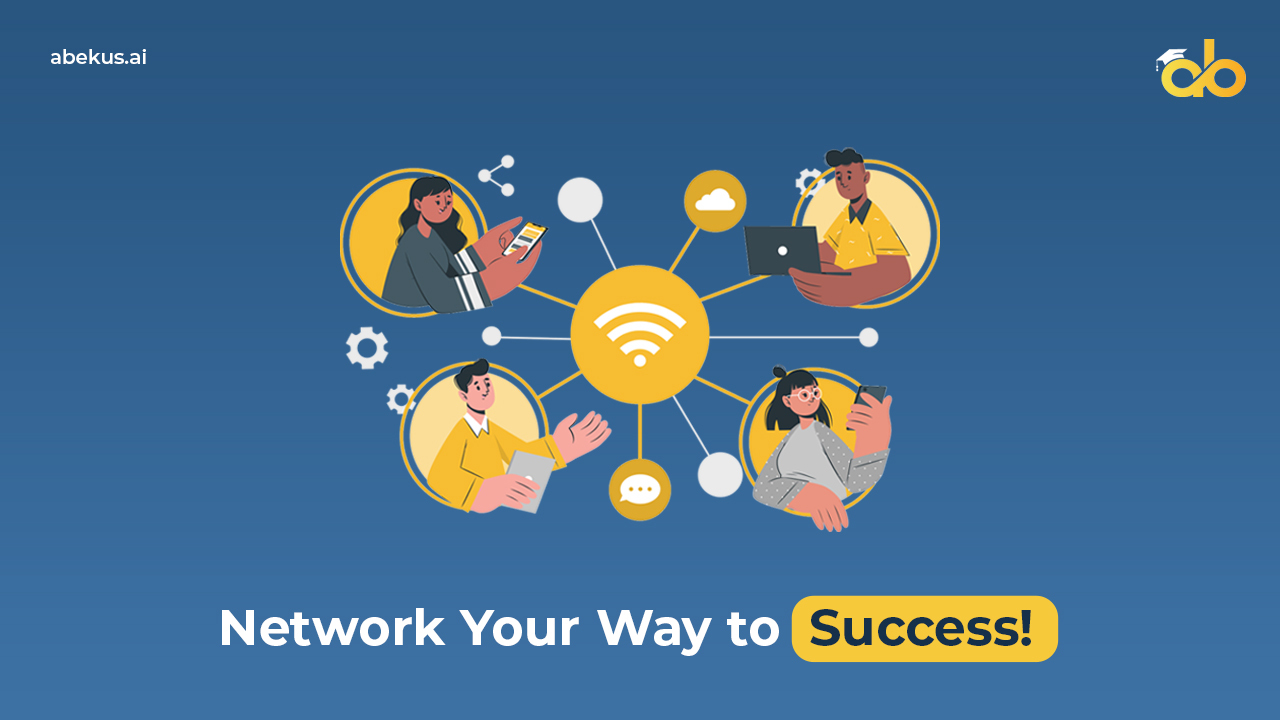Introduction
In today’s fast-paced and competitive job market, having a strong set of soft skills can be the difference between thriving and merely surviving. While technical expertise and hard skills are essential, soft skills often play a pivotal role in career success. But what exactly are soft skills, and why are they so important?
Defining Soft Skills
Soft skills are personal attributes and interpersonal abilities that enhance an individual’s interactions, job performance, and career prospects. Unlike hard skills, which are specific, teachable abilities such as coding or data analysis, soft skills are more about how you interact with others and handle various situations.
Difference Between Soft Skills and Hard Skills
Hard skills are the technical abilities and knowledge required to perform specific tasks. These are often learned through education, training, or experience. Soft skills, on the other hand, are more about personality traits and behaviors. They include skills like communication, teamwork, adaptability, and problem-solving. Both types of skills are necessary, but soft skills are often what set candidates apart in competitive environments.
Why Soft Skills Are Crucial in Today’s Job Market
The modern workplace is increasingly collaborative and dynamic. Employers are looking for individuals who can not only do the job but also contribute positively to the team and adapt to changing circumstances. Soft skills like communication, empathy, and adaptability are essential for this and are often the deciding factor in hiring decisions.
The Core Soft Skills
Communication
Effective communication is the foundation of any successful workplace. It’s not just about speaking clearly, but also about listening, interpreting non-verbal cues, and conveying ideas in a way that others can understand and act upon.
Verbal Communication
This involves expressing your thoughts clearly and concisely, whether in meetings, presentations, or casual conversations. Being articulate and persuasive can help you influence others and get your ideas across effectively.
Non-Verbal Communication
Non-verbal communication includes body language, facial expressions, and eye contact. These subtle cues can often communicate more than words and are crucial in building rapport and trust with colleagues.
Listening Skills
Active listening is as important as speaking. It involves fully concentrating on what is being said rather than just passively hearing the message. Good listening skills ensure that you understand the needs and concerns of others, leading to better collaboration and problem-solving.
Teamwork
In almost every job, you’ll need to work with others. Teamwork is about collaborating effectively, respecting different perspectives, and contributing to a common goal.
Collaboration and Cooperation
Successful teamwork requires a willingness to collaborate, share ideas, and support others. It’s about being a team player who is flexible and open to working with diverse groups of people.
Conflict Resolution
Conflicts are inevitable in any workplace, but how you handle them is what matters. Strong soft skills in conflict resolution involve staying calm, listening to all sides, and finding a fair and effective solution.
Adaptability
The ability to adapt to new situations and challenges is a highly valued soft skill. In a rapidly changing work environment, flexibility is key to staying relevant and successful.
Flexibility in the Workplace
Being open to new ideas, roles, and environments shows that you can handle change without becoming overwhelmed. This adaptability makes you a valuable asset to any team.
Embracing Change
Embracing change is about more than just accepting it; it’s about seeing it as an opportunity for growth and innovation. Adaptable employees are often more resilient and better equipped to thrive in dynamic environments.
Problem-Solving
Problem-solving involves the ability to identify issues, analyze possible solutions, and implement the best course of action. It’s a critical soft skill that employers look for across industries.
Critical Thinking
Critical thinking is the process of objectively analyzing information to make reasoned decisions. It involves evaluating evidence, considering different perspectives, and making logical conclusions.
Decision-Making Under Pressure
The ability to make sound decisions, even under pressure, is a valuable skill. It shows that you can handle stress and are capable of taking charge in difficult situations.
Time Management
Managing your time effectively ensures that you can handle your workload efficiently without becoming overwhelmed. It’s a key skill for maintaining productivity and meeting deadlines.
Prioritization Techniques
Effective time management starts with prioritization—knowing what tasks are most important and tackling them first. This helps in managing workload and ensuring that critical tasks are completed on time.
Meeting Deadlines Effectively
Meeting deadlines requires not only time management but also an understanding of your capabilities and limits. It involves planning, setting realistic goals, and being proactive in addressing potential obstacles.
Leadership
Leadership is not just for those in management roles; it’s a soft skill that involves motivating and guiding others, regardless of your position.
Inspiring and Motivating Others
A good leader inspires others by setting a positive example and encouraging them to achieve their best. Leadership involves being a mentor, offering guidance, and recognizing the contributions of others.
Delegating Responsibilities
Effective leaders know how to delegate tasks according to team members’ strengths. Delegation is about trusting others to take on responsibilities and ensuring that the workload is distributed fairly and efficiently.
Emotional Intelligence
Emotional intelligence (EQ) is the ability to understand and manage your emotions and the emotions of others. It’s a crucial skill for building strong relationships in the workplace.
Self-Awareness
Self-awareness involves recognizing your emotions and how they affect your behavior and performance. It’s the first step towards improving your emotional intelligence.
Managing Emotions in the Workplace
Managing emotions, especially in high-stress situations, is essential for maintaining professionalism. Those with high EQ can navigate workplace challenges with empathy and poise.
The Importance of Soft Skills in the Workplace
Enhancing Team Dynamics
Soft skills play a crucial role in enhancing team dynamics. They help create a collaborative work environment where everyone feels valued and heard.
Building a Collaborative Work Environment
A workplace where soft skills are prioritized is one where collaboration thrives. Employees are more likely to work together effectively, share ideas, and support each other in achieving common goals.
Increasing Job Performance
Soft skills directly contribute to job performance by enabling better communication, problem-solving, and teamwork.
How Soft Skills Contribute to Efficiency
Employees with strong soft skills can navigate challenges more effectively, leading to increased efficiency. They can communicate clearly, manage their time well, and work collaboratively, all of which contribute to better job performance.
Career Advancement
Soft skills are often the key to career advancement. They are critical for those seeking promotions or leadership roles.
The Role of Soft Skills in Promotions and Leadership Roles
Employers often promote individuals who demonstrate strong soft skills, as these skills are essential for leading teams and managing projects. Soft skills like leadership, communication, and emotional intelligence are particularly valued in higher-level positions.
How to Develop and Improve Your Soft Skills
Self-Assessment and Feedback
The first step in improving your soft skills is understanding where you currently stand. Self-assessment and seeking feedback from others can help identify areas for improvement.
Identifying Areas for Improvement
Take a close look at your interactions with others, your time management, and your ability to handle stress. Identify the soft skills that need the most improvement and focus on developing them.
Continuous Learning and Practice
Soft skills can be developed over time with continuous learning and practice. The more you practice, the better you’ll become.
Training and Workshops
Many organizations offer training programs and workshops specifically designed to improve soft skills. Taking advantage of these opportunities can help you develop the skills needed to succeed.
Applying Soft Skills in Real Situations
The best way to improve your soft skills is by applying them in real-life situations. Whether it’s through volunteer work, group projects, or day-to-day interactions, practicing soft skills will help you refine them.
Seeking Mentorship
Mentorship is a powerful way to develop soft skills. Learning from someone who has mastered these skills can provide valuable insights and guidance.
Learning from Experienced Professionals
Seek out mentors who exhibit strong soft skills and learn from their experiences. They can offer advice, share strategies, and help you navigate challenges as you work to improve your own skills.
Conclusion
Soft skills are the glue that holds the workplace together. They enhance team dynamics, boost job performance, and open doors to career advancement. Investing in developing your soft skills is not just about improving your interactions at work—it’s about setting yourself up for long-term success.
FAQs
Can soft skills be learned, or are they innate?
Soft skills can be learned and developed over time with practice and continuous learning.
How can I demonstrate soft skills during a job interview?
You can demonstrate soft skills during an interview by providing examples from your past experiences that showcase your communication, teamwork, and problem-solving abilities.
What are the most in-demand soft skills today?
Some of the most in-demand soft skills include communication, adaptability, problem-solving, and emotional intelligence.
Why do employers value soft skills so highly?
Employers value soft skills because they are essential for creating a positive work environment, enhancing teamwork, and improving overall job performance.
How can I assess my current level of soft skills?
You can assess your soft skills through self-reflection, seeking feedback from colleagues and supervisors, and using assessment tools designed to evaluate soft skills.






